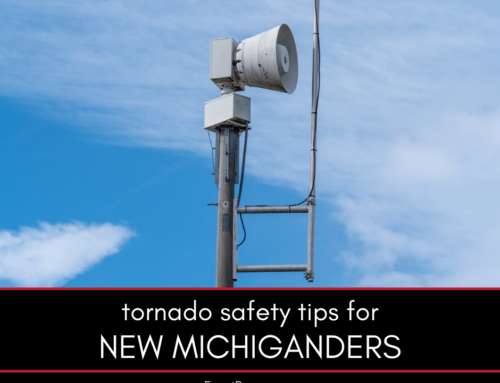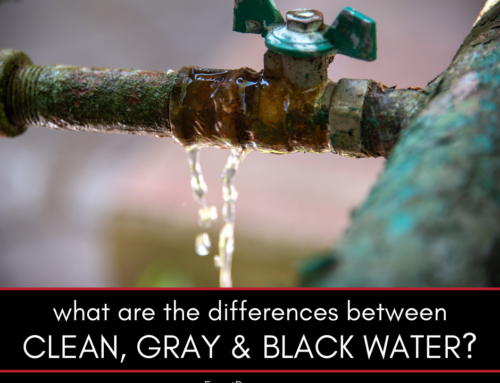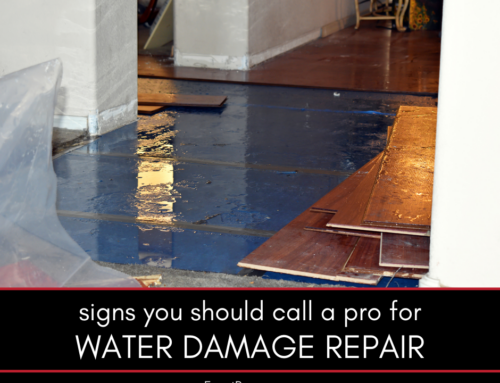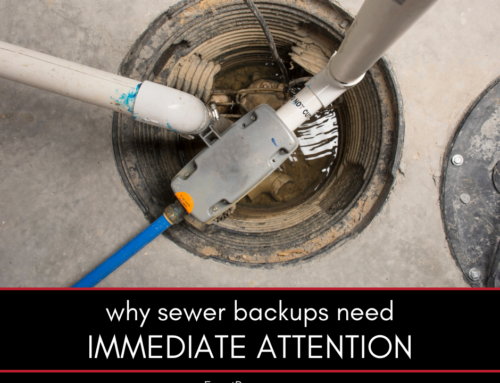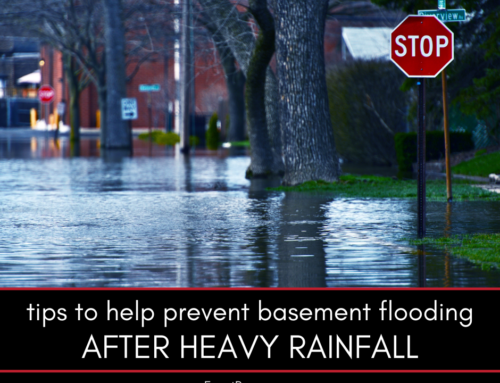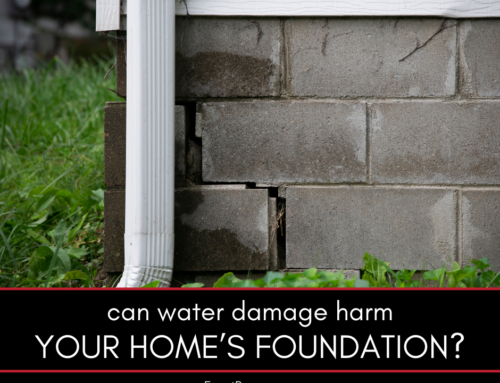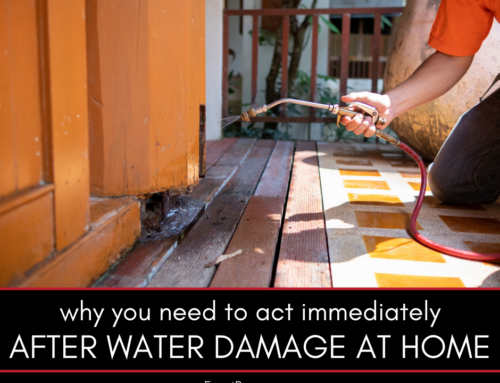Experiencing a disaster that damages your home can be overwhelming, and dealing with insurance claims might seem daunting. Understanding the process and knowing what steps to take can make navigating insurance claims more manageable and ensure you get the coverage you need.
Insurance Claims for Disaster Damage: Navigating the Process
This guide explains the following:
- Reviewing your insurance policy for disaster coverage
- Documenting the damage immediately after the disaster
- Initiating the claims process with your insurance company
- Working effectively with insurance adjusters
- Understanding the claims review and approval process
- Receiving and using the insurance payout
- Tips for a smooth insurance claim process
Here’s a closer look at each.
Reviewing Your Insurance Policy for Disaster Coverage
The first step is to review your insurance policy carefully to understand what types of disaster damage are covered. Pay attention to coverage limits, deductibles, and any exclusions or specific conditions.
Related: Disaster remediation in Jackson and Ann Arbor
Documenting the Damage Immediately After the Disaster
Document all damages caused by the disaster as thoroughly as possible. Take photographs or videos of the damage, make a list of lost or damaged items, and keep receipts of any immediate repairs or temporary accommodations.
Initiating the Claims Process with Your Insurance Company
Contact your insurance provider as soon as possible to report the damage and start the claims process. Provide them with the initial documentation and follow their guidance on the next steps.
Related: Tips to prevent water damage in your home
Working Effectively with Insurance Adjusters
An insurance adjuster will be assigned to assess the damage to your property. Be present during their visit to ensure all damages are documented and discuss any concerns about the coverage or the repair process.
Understanding the Claims Review and Approval Process
The insurance company will review the adjuster’s report along with your documentation to decide on the claim. This process can vary in length, depending on the complexity of the claim and the extent of the damage.
Receiving and Using the Insurance Payout
Once your claim is approved, you will receive an insurance payout to cover the costs of repairs. Ensure you understand how the funds are distributed and use them according to the terms of your policy.
Related: Signs of hidden water damage
Tips for a Smooth Insurance Claim Process
Keep detailed records of all communications with your insurance company. Be proactive in following up on your claim status, and consider seeking professional advice if you encounter difficulties or disputes.
FAQ About Insurance Claims for Disaster Damage
How Do I Know If My Policy Covers Specific Types of Disasters?
Review your policy’s declarations page or speak with your insurance agent to understand what types of disasters are covered, such as floods, fires, or storms.
What If I Disagree with the Insurance Adjuster’s Assessment?
If you disagree with the adjuster’s assessment, you can discuss your concerns with the insurance company or seek a second opinion from an independent adjuster or a contractor.
How Long Do I Have to File a Claim After a Disaster?
Time limits for filing claims vary by policy and insurance company. Generally, it’s best to file as soon as possible after the disaster occurs.
Can I Make Repairs Before the Insurance Claim is Settled?
You can make temporary repairs to prevent further damage, but avoid making permanent repairs until the claim is settled or approved. Keep receipts for any repairs or temporary measures as they may be reimbursable under your policy.
What Should I Do if My Claim Is Denied?
If your claim is denied, review the insurance company’s reasons for denial. You can file an appeal with your insurer or seek legal advice if necessary.
Related: Why you need a licensed
In conclusion, navigating insurance claims for disaster damage involves a thorough understanding of your policy, meticulous documentation, and effective communication with your insurance company. By following these steps, you can streamline the claims process and ensure you receive the necessary funds to repair and restore your home. Remember, being proactive and well-informed is key to a successful insurance claim experience after a disaster. Stay organized, be persistent, and don’t hesitate to seek professional assistance if you face challenges during the process.
Do You Need a Disaster Remediation Expert in Washtenaw County or Jackson County?
If your home has already been damaged, we can help. Check out our services and call Exact Recon for your free disaster remediation quote today. We offer:


